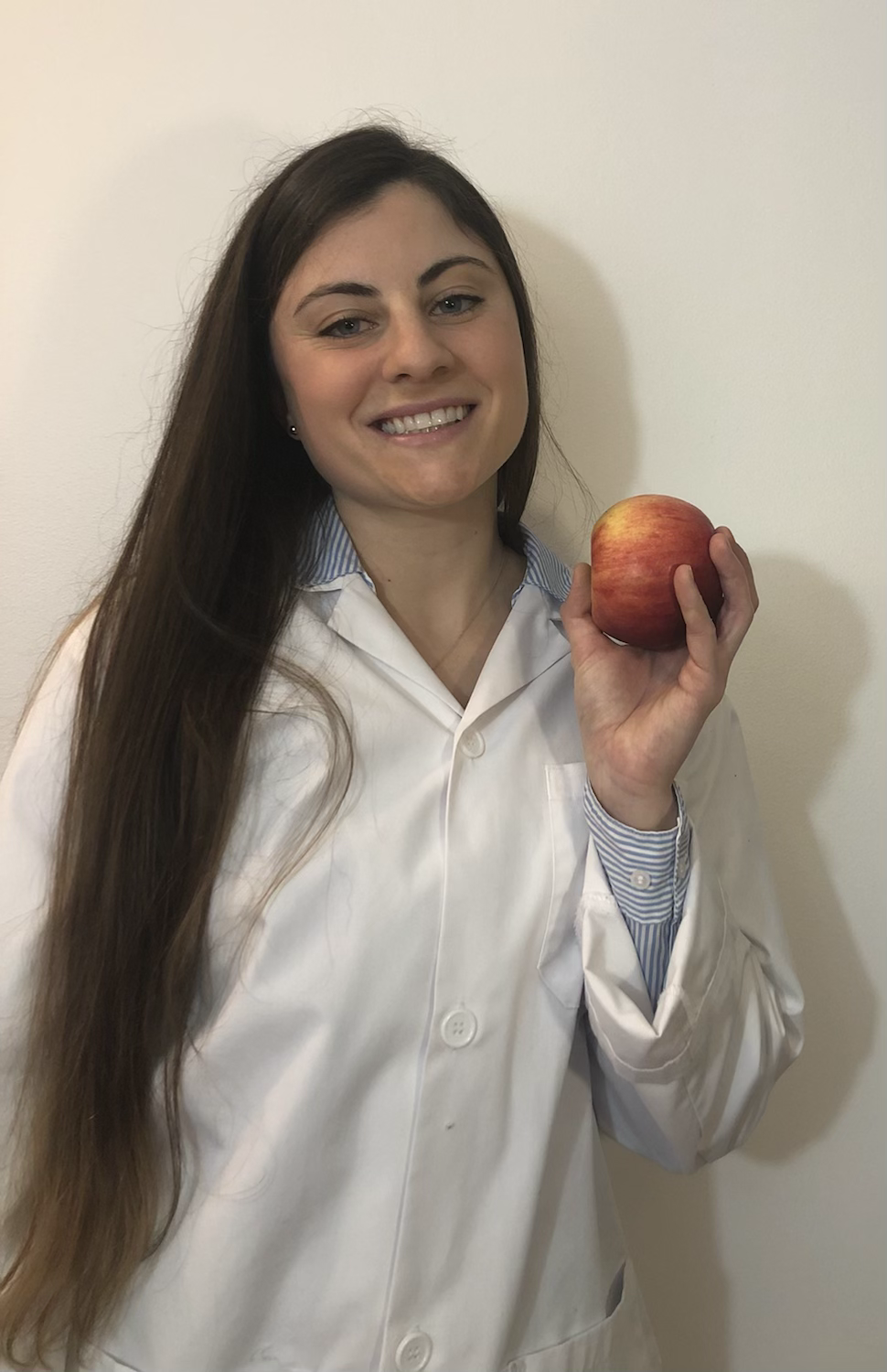Discover The Food Satisfaction Factor
- Karine Drouin

- Jan 4, 2023
- 3 min read
This text outlines some tips to be more satisfied with our meals and snacks both mentally and physically.

Take Enough Time To Eat
Many of us have been used to eat fast due to a lack of time at work or because of a busy lifestyle. In this case, a bite is not completely swallowed and another one is already put in the mouth. It is easy to eat larger amounts of food when eating quickly, which can cause discomfort and possible weight gain if too much food is eaten on the long term. Aim for a minimum of 20 to 30 minutes per meal.
Take time to savor each bite. Pay attention to the different flavors, textures, temperatures, etc.
A way to take more time to eat
Try the utensil exercise:
Take a small bite;
Put down the utensil;
chew and swallow;
Pick up the utensil and repeat.
Listen To Your Satiation Signals
Many were forced to finish their plate during childhood, thus eating beyond their satiety. Today, you can decide what you consume and how much. It can be difficult at first to leave some food on your plate. You can keep leftovers for another time. Even if there are only 3 bites left, it is better to stop if you feel that you have eaten enough.
It takes about 20-30 minutes for our stomach to send satiety signals to our brain.
Satisfaction signals
Food no longer tastes as good as it did on the first bite;
Feeling of being full;
Eating slower than at the beginning of the meal.
Eating without distraction (cell phone, television, while driving, working, etc.)

You can't enjoy flavors and textures as much when you're distracted. In addition, recognizing satiety is more difficult and it is easier to eat larger amounts of food while distracted.
Eat foods you enjoy
Don't force yourself to eat foods you don't like. Even if it's a nutritious, balanced meal that we normally like but don't feel like eating it at the moment, don't eat it unless there's no other option of course.
It is good to listen to our food cravings while maintaining a balanced diet.
Food Deprivation Cycle
If we deprive ourselves of a specific food, we risk putting it on a pedestal. Take for example a cookie. By telling ourselves that we should not eat a cookie for fear of gaining weight, the cookie may becomes an obsession and we may think about it constantly. Sometimes, when you finally give yourself permission to eat it, you eat more of it, faster than if there had been no restriction. We may feel guilty and deprive ourselves of this food again. We do not enjoy the experience of tasting the biscuit as much.
Preparing balanced meals and snacks
Yes, it is important to eat foods that you like, but it is also very important to have a nutritious diet. If we crave pasta and only eat pasta with no source of protein and no fruits or vegetables, we risk not nourishing our body enough and feeling hungry quickly after a meal. The balanced plate is ½ plate (1 to 2 cups) of fruits and vegetables, ¼ plate of protein (about 2 eggs or 75 g of meat or ¾ cup of legumes, etc.) and 1/4 d plate of whole-grain cereal products (about ½ to 1 cup of rice or 1 cup of pasta or quinoa, etc.).
It is the same if you try to satisfy your hunger by eating chocolate. We would have to eat a very large amount of chocolate to feel like we ate enough.
Take the time to savor each bite,
Karine Drouin, Registered Dietitian



Comments